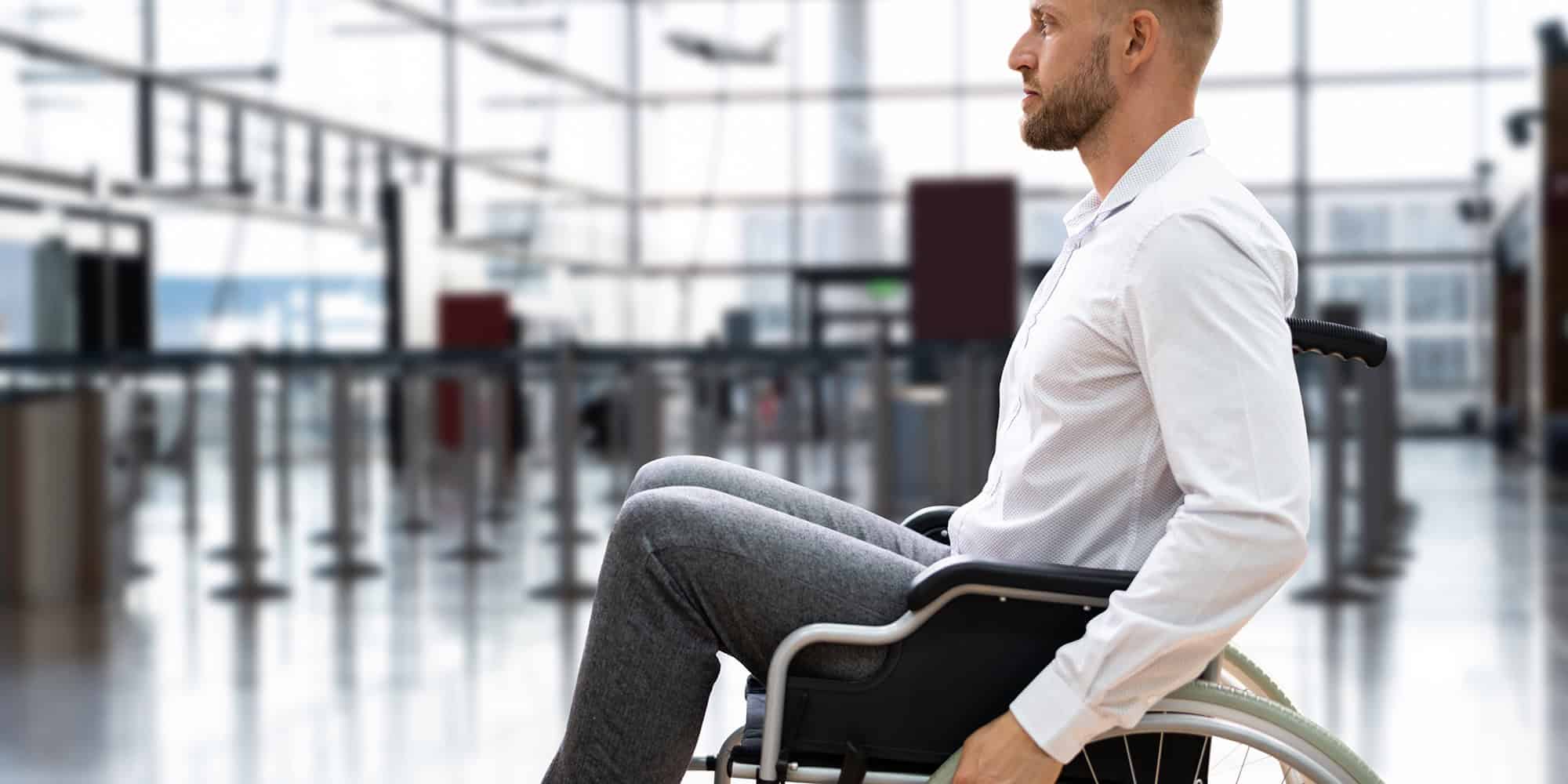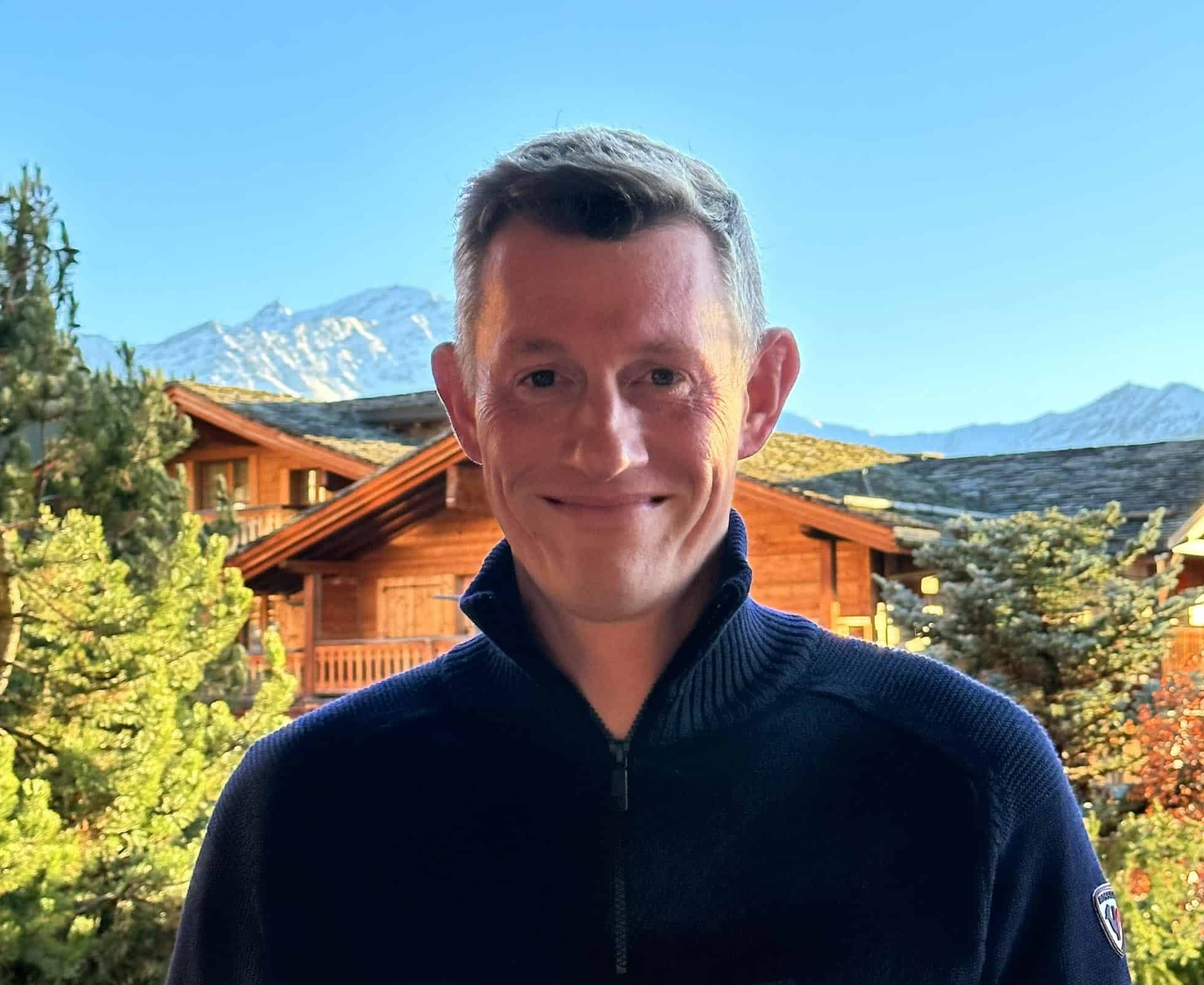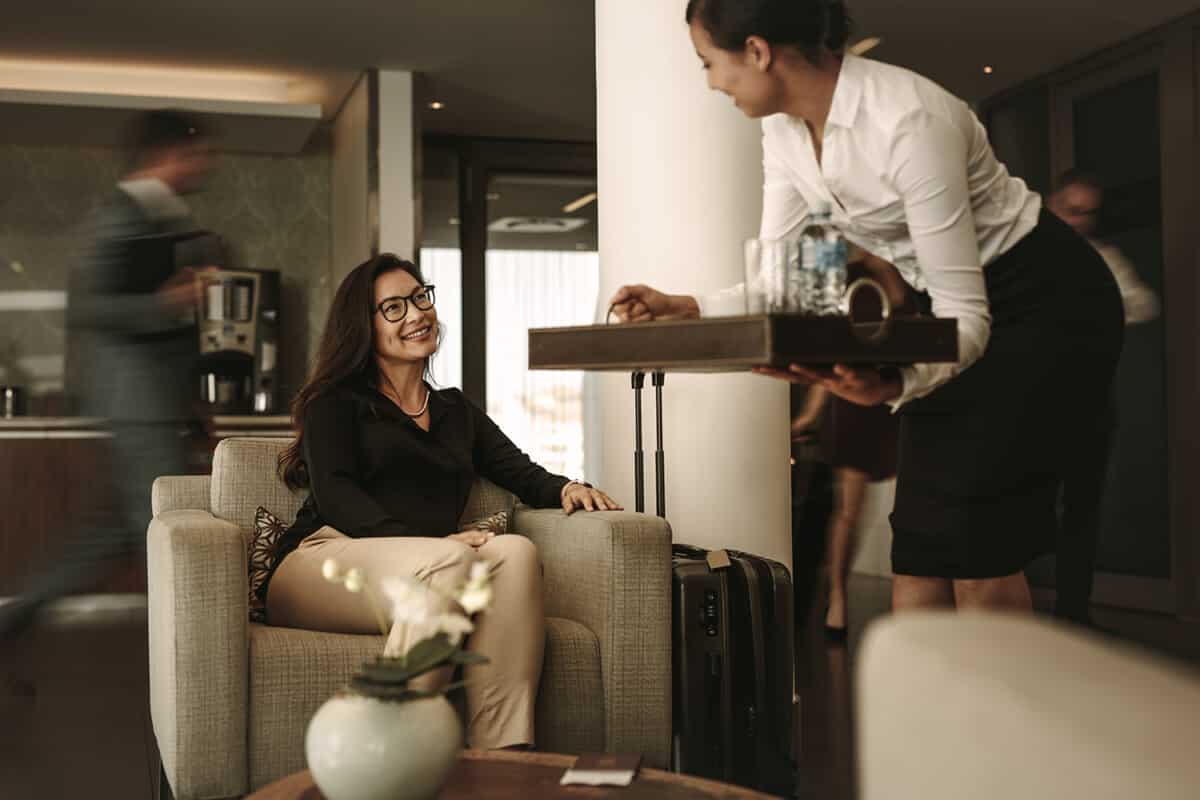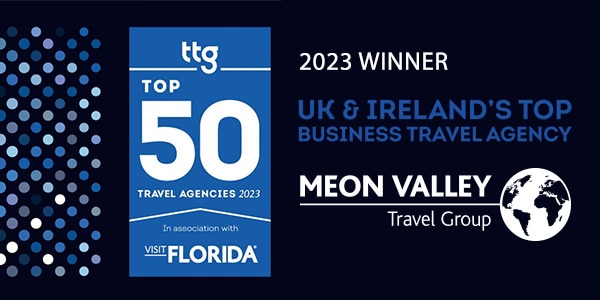
This month’s Five Minutes with… is with Matthew Holman, founder of Simpila Mental Health, a workplace wellbeing consultancy.
Tell us about why you founded Simpila Mental Health?
I was in corporate travel for 20 years; I got my travel stripes with HRG. In 2010 I moved to BCD and then a smaller TMC. The cumulative impact of 20 years of lots of travel and not taking good care of myself brought me to a place in 2016 where I was unemployed.
I didn’t want to be part of the travel industry anymore. I struggled with my own mental health challenges; I needed an overhaul of my life. I decided I never wanted to work for anyone else again and whatever I did had to help other people.
Drawing on personal experience and your industry background, would you say corporate travel, by its very nature, is bad for our wellbeing?
In my last few years, I did maybe 100 flights a year, 20 of those long-haul. It was easier to go to the bar than the gym, I was having a burger rather than a salad, because my wife was not there to tell me to eat healthily. I’d go on a trip as an ex-smoker, by the time I came back I was smoking again. It’s not healthy to work 18-hour days, to party until 2-3am, then get up for a 7am meeting. We have a routine at home, travel is the opposite of that. Where’s your private time, your personal relaxation? If you go to bed early, you’re ridiculed.

In the US, I’d phone home at lunchtime. My children would ask ‘What do you want?’; I was an inconvenience to them. They didn’t appreciate what that meant to me, sat in isolation on the other side of the Atlantic. All I wanted was to hear their voices. That’s all part of wellbeing – connections, contacts. Often the loneliest person is in a busy room. I used to think I had to find excuses to phone home at six or seven pm, you shouldn’t have to. People shouldn’t look at you and say ‘C’mon, we’re on business here.’
Has Covid changed things?
I think it’s made us ask if it’s necessary for me to get the 6am flight to Amsterdam for a two-hour meeting and get home at 11pm. Does that make sense? Will I be as productive if I was in a virtual environment? We have to value our time in a much more critical way.
What steps can travellers draw from the positives of travelling and mitigate against the negative aspects? What are your top tips?
Being well to travel, having a positive routine at home is important. Wellbeing is not just about flat beds on the plane and comfortable hotels, it’s about the physical and mental. We need to find a baseline measurement for travel; is a trip wellbeing negative, neutral or positive? We need to create this barometer for the individual. We might then make better decisions for the wellbeing-negative trips, the ones with 3am wakeups and 11pm returns.
People only ever asked me how successful my trip was, did you get the business? Never, ever, do I recall someone asking me how I felt after the trip. We need to make the travel manager understand they have a responsibility to encourage better behaviour, but I’m not saying dictate, because if you dictate, we don’t do it.
Tell us more about the Business Travel Wellbeing Community and how people can get involved?
Launched six months before Covid, I co-founded the Business Travel Wellbeing Community along with Katie Virtue, John Lee and Lucy Rattrie. I’m not sure what the future is because we’re waiting for businesses to get back online. Until then it’s difficult to rekindle it. People think Wellbeing costs more money, people think they need to spend more on the travel programme and give allowances. I don’t agree, I think we just have to look smarter about what wellbeing looks like in our travel programmes. If there is a cost, the benefit is much better. You have healthier employees who feel supported. It costs a lot to look after people when they’re on long-term sickness – the average duration for depression is 8-9 months. You get long-term sickness because we’re not catching people until they reach a crisis, then they take a long time to recover.
What is the one quick thing that we can all do to support and improve our mental health?
Listen to your own head. When things are changing, you need to notice them. I didn’t notice them for a very long time until it all started to go wrong. If we look after our mental health, stress becomes a little less stressful. If we don’t, we start to feel overwhelmed, with the potential risk of burnout. If we feel those challenges coming, we need to act. Sometimes we don’t see it and we need someone else to, so mental health first aiders are really important; we’re training people to notice. If you just leave it, the risk of developing depression, anxiety disorders and other conditions become much greater.
What is your advice if someone is concerned about a family member, friend or colleague?
We see a behaviour and don’t understand why the behaviour is there; we see someone struggling, angry or aggressive, withdrawing, but we don’t understand why. But we talk about the behaviour, we try to discipline that behaviour or validate it or invalidate it. The behaviour exists because of something that’s going on. If, in the workplace, the first action is discipline, that’s really dangerous, they’re already struggling.
I don’t have to pretend any more, I own my company, if people don’t want to see me as a professional because I talk about my family and my experiences, that’s their choice.
Finally, what’s next for Matthew Holman and for Simpila Mental Health?
I have big plans this year. I have my podcasts, 126 conversations about mental health since November 2020; I want to continue that. I’ve a list of 40 more waiting to tell their journeys with mental health. I’m also a Samaritan and I have running goals as well; I’ve just done my fastest half marathon in six years. In business I just want to keep doing what we do; we are having an impact.
Simpila Mental Health helps companies develop a healthy and happy workplace, where all individuals are able to thrive. Providing proven training and simple solutions that will help to improve both company and personal goals and aspirations. Qualified to deliver Mental Health First Aid training to clients, and in supporting the development of core areas of employee wellbeing.






